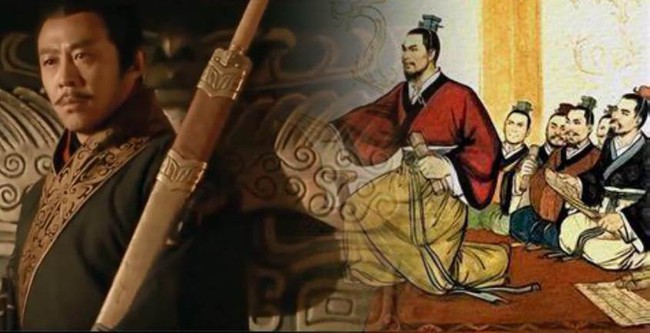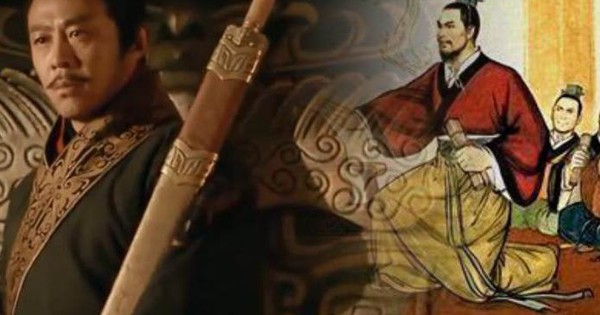Shang Yang encouraged citizens to report on one another.
Shang Yang’s reforms can be divided into two phases. The first phase, from 359 BC to 350 BC, primarily focused on rewarding agricultural efforts, punishing trade activities, promoting military achievements, and suppressing the nobility.
In essence, by incentivizing agriculture through rewards, the state was able to collect more taxes and obtain greater food supplies. He rewarded soldiers for their accomplishments, promoting anyone who killed an enemy or distinguished themselves in battle by a rank.

During that time, the state of Qin had 20 ranks. Those with ranks could ride luxurious carriages and wear fine clothing, with no restrictions on extravagant attire. Conversely, anyone without battlefield accomplishments, regardless of their wealth, could only ride an ox cart and wear coarse fabric clothing. This was a strict regulation of the era.
Shang Yang utilized this approach to motivate the Qin army to engage fiercely in battle. As a result, Qin soldiers fought valiantly, striving to claim enemy heads. The “Shangjun Shu” describes this phenomenon: “When the soldiers and citizens go to battle, they charge in like hungry wolves seeing meat, eager to devour it.”
Consequently, many referred to the Qin army as having “fierce and brutal forces,” a reflection of Shang Yang’s reforms.
Shang Yang also introduced another system. He grouped households into units of five and ten, with each group monitoring each other. If one household committed a crime, the other nine were responsible for reporting it.
If they failed to report, the nine households would face execution. Reporting was deemed “denouncing a villain,” and the informant would be rewarded with a rank as if they had slain an enemy.
Shang Yang employed this method to encourage citizens to inform on one another. We know that informing is often looked down upon, as it involves betraying relatives, friends, and neighbors in pursuit of wealth.
However, Shang Yang controlled the populace through this mechanism to promote denunciation, utilizing both “denouncing a villain” and “taking punishment for others” to motivate the citizens. What, then, was Shang Yang’s ultimate goal? Why did he view the people of Qin as “deceitful” individuals?
Shang Yang believed that if the populace were benevolent, there would be mutual kindness—one person treating another well, leading to a harmonious community. Trust would flourish, and the people would feel a familial bond with one another.
If the people were “deceitful,” everyone would be wary of each other, creating an environment of distrust and insecurity. In such cases, citizens would feel: “If I can’t trust anyone, how can I feel safe?” The only solution would be to rely on the protection of authority. Thus, people would become closer to those in power.
In the “Shangjun Shu,” it is stated: “With kindness, the people are close to one another; with deceit, the people are close to the regime.” If everyone is good, then the populace will be close-knit. However, if everyone is bad, if they are all “deceitful,” then the people will align with the regime. Shang Yang aimed to transform the people into “deceitful” individuals.
To maintain control, Shang Yang established a series of restrictive measures, such as prohibiting freedom of thought, free speech, and even the movement of citizens. He sought to reduce the populace to “deceitful” individuals, vulnerable in thought, impoverished, and ignorant.
Shang Yang believed that due to the people’s poverty, a small benefit was enough to entice them; and because of their ignorance, they were quick to believe anything said to them. Through various measures, he transformed the people of Qin into cunning, weak, impoverished, and foolish beings.
All of his reforms achieved their intended outcomes.
Some might think that the book burnings were solely the work of Li Si or Qin Shi Huang, but in fact, during the second phase of reforms in 350 BC, Shang Yang ordered the burning of “The Book of Songs,” “The Book of Documents,” and several texts from various schools of thought.
Through his reforms, Shang Yang turned the populace of Qin into a group solely focused on warfare. At this point, he looked outward, believing it was time to use military force to conquer other states, leading Qin to gradually become an aggressive nation.
